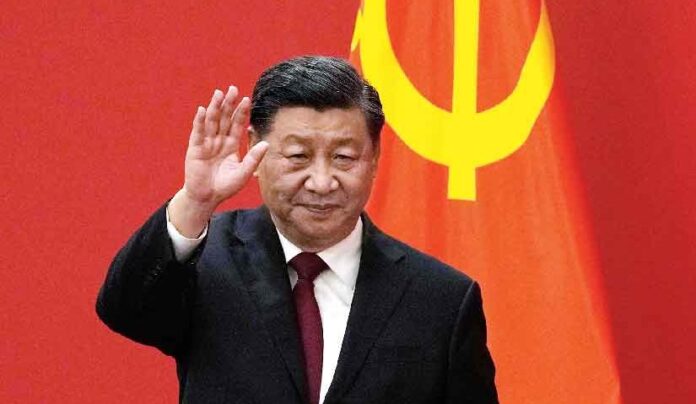In a year marked by global economic shifts and strategic trade maneuvers, China has achieved an unprecedented trade surplus, reaching $992 billion in 2024. This represents a significant 10.7% increase from the previous year, highlighting the country’s robust export performance and its growing influence in global trade dynamics.
The surge in China’s trade surplus was driven by a combination of factors. Exports from China grew to an all-time high of $3.58 trillion, a 5.9% increase year-over-year, fueled by a rush of international demand for Chinese products. This demand was particularly pronounced as global importers looked to stockpile goods ahead of potential tariff increases and shifts in trade policies, especially in anticipation of changes with the new U.S. administration.
Also Read: Malaysia Imposes Anti-Dumping Duties on Steel Imports from 4 Countries
On the other hand, imports into China only rose by 1.1%, amounting to $2.59 trillion for the year. This disparity between export growth and import growth has significantly widened the trade surplus. Notably, in December alone, exports surged by 10.7%, outpacing projections and highlighting China’s ability to maintain its position as the world’s largest merchandise exporter.
The record trade surplus has not gone unnoticed by global economic observers. It has sparked discussions on the implications for international trade relations, particularly with major economies like the United States and the European Union, where there are concerns about trade imbalances and the potential for retaliatory tariffs or other trade barriers.
The increase in China’s trade surplus comes at a time when global trade patterns are in flux, with the U.S. set to revisit its trade policies under President-elect Donald Trump, who has historically taken a hard line on China’s trade practices. This could lead to increased tensions, with some analysts predicting a potential “trade war” redux if negotiations fail to address the growing surplus and associated trade practices.
Industry experts, like Wang Lingjun, deputy head of the General Administration of Customs, have emphasized that this surplus showcases China’s solidified status in global trade. However, the situation also underscores the need for a balanced approach to trade to prevent further strains on international economic relations.
As China continues to navigate through these complex trade waters, the global community watches closely, aware that the implications of such a substantial trade surplus could ripple through global economies, affecting everything from currency values to employment in manufacturing sectors worldwide.



